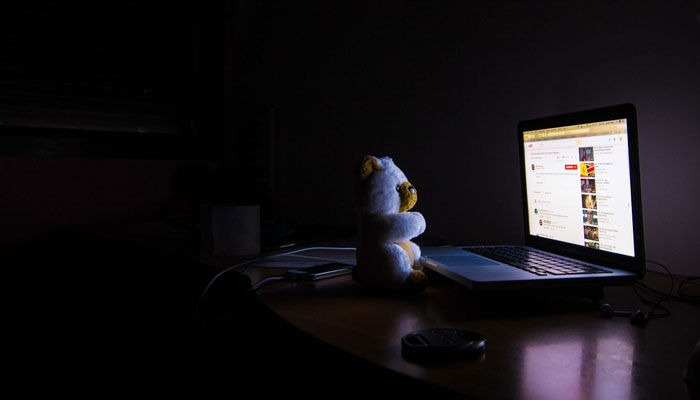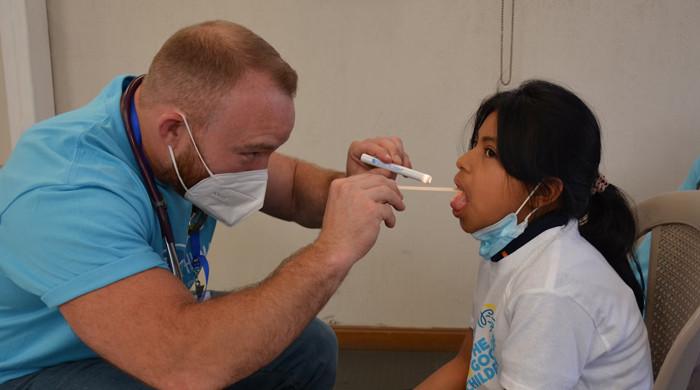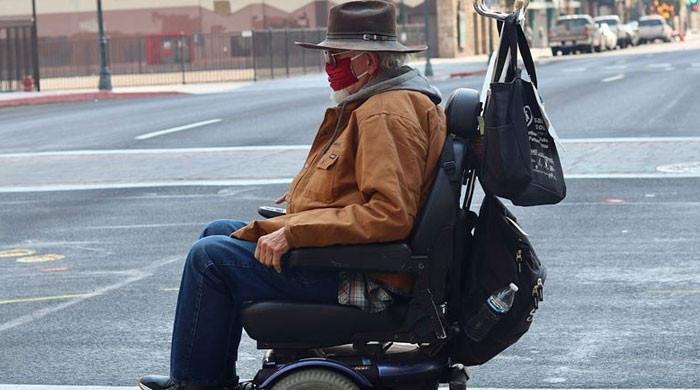Do you stay up late? These research findings should concern you
"Those who wake up early perform better and remain active all day," studies suggest
June 21, 2023

Researchers in a new study have sounded an alarm for those who stay and wake up late and warned that such bad sleeping habits could cause serious health issues and shorten the lives of those who don't make appropriate lifestyle changes before it is too late.
Christer Hublin, a researcher from the Finnish Institute of Occupational Health in Helsinki, in a statement: "The increased risk of mortality associated with being a clearly ‘evening’ person appears to be mainly accounted for by a larger consumption of tobacco and alcohol. This is compared to those who are clearly 'morning’ persons."
The study, published in the journal Chronobiology International, found that being a night owl increased the risk of early death by about 9% compared with morning types, who are often called early birds, after analyzing data and adjusting body mass, weight and habits like smoking and alcohol.
"We have known for a long time that those who have an evening type preference are more likely to be heavier drinkers, have alcohol use disorder and are also more likely to use other substances including tobacco,” said Dr Bhanu Prakash Kolla, who was not involved in the study.
"Other possible causes that come to mind include those who are evening types will likely need to wake up early for work/school and therefore end up getting less sleep and the sleep deprivation can increase risk," Kolla told CNN.
Sleep chronotype
Naturally, the human body has its own 24-hour circadian rhythm, that regulates the release of the hormone melatonin to encourage sleep.
And it depends on person to person when it occurs as it is said to be inherited.
According to other studies, it was suggested that those who wake up early perform better and remain active all day. They are also said to be less risky of having cardiovascular diseases.
Whereas those who stay up late, their body releases melatonin much later, making their mornings sluggish and pushing peak activity and alertness later into the afternoon and evening.
Dr Phyllis Zee, director of the Center for Circadian and Sleep Medicine at Northwestern University Feinberg School of Medicine in Chicago, said: "There is good evidence that being a late sleeper has been linked to a higher risk for metabolic and cardiovascular disease."
"The strongest reset for the circadian system is a bright light," Zee said.
You want to change things at night as well, Zee said, "by removing bright sources of light much earlier to help your body begin to produce melatonin."
Zee suggested: "My rule: Stop eating within three hours of bedtime. Move your exercise routine to the morning or early afternoon, and avoid heavy exercise in the evening, as well."











